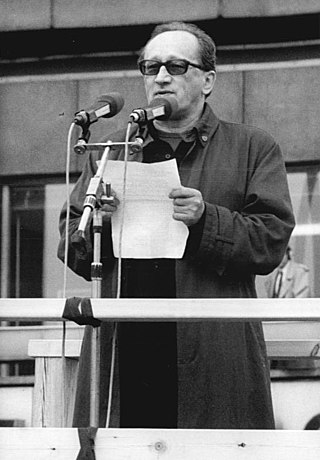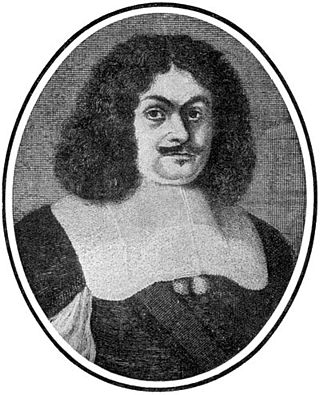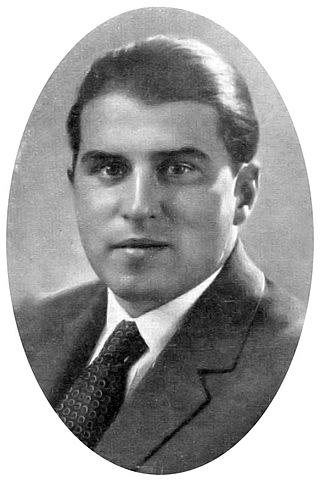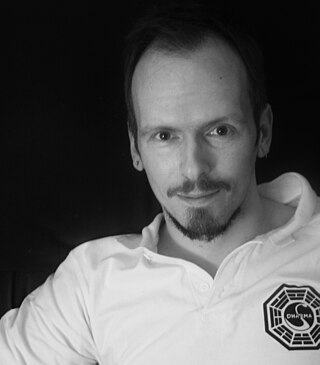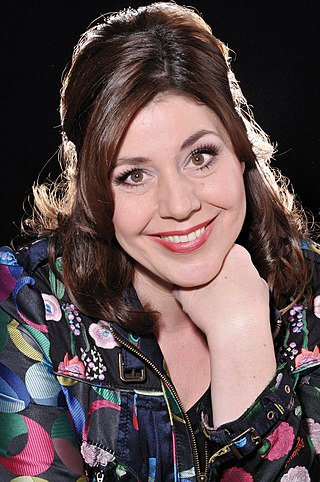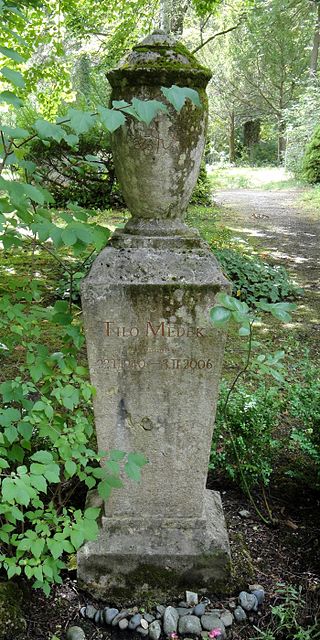This article needs additional citations for verification .(February 2017) |
You can help expand this article with text translated from the corresponding article in German. (November 2011)Click [show] for important translation instructions.
|
Der Deutsche Jugendtheaterpreis and der Deutsche Kindertheaterpreis are literary theater prizes of Germany, Jugend for Youth and Kinder for Children.
- 1996
- Kindertheaterpreis
- Rudolf Herfurtner, Waldkinder
- Special Mention ('Lobende Erwähnung') Guy Krneta, Ursel
- Jugendtheaterpreis
- Oliver Bukowski, Ob so oder so
- Special Mention Ljudmila Rasumowskaja, Nach Hause
- Kindertheaterpreis
- 1998
- Kindertheaterpreis
- Ad de Bont, Die Tochter des Ganovenkönigs and Barbara Buri for the translation
- Jugendtheaterpreis
- Lutz Hübner, Das Herz eines Boxers
- Kindertheaterpreis
- 2000
- Kindertheaterpreis
- Jonna Nordenskiöld, Jonna Ponna! (from Swedish by Verena Reichel)
- Jugendtheaterpreis
- Thomas Oberender, Nachtschwärmer
- Special Mention Lisa Rose-Cameron, no stairway to heaven
- Kindertheaterpreis
- 2002
- Kindertheaterpreis
- Kerstin Specht, Wieland
- Jugendtheaterpreis
- Kindertheaterpreis
- 2004
- Kindertheaterpreis
- Heleen Verburg, Katharina Katharina im Gänsespiel
- Jugendtheaterpreis
- Andri Beyeler, The killer in me is the killer in you my love
- Kindertheaterpreis
- 2006
- Kindertheaterpreis
- Ulrich Hub, An der Arche um acht
- Jugendtheaterpreis
- Jan Liedtke, Kamikaze Pictures
- Kindertheaterpreis
- 2008
- Kindertheaterpreis
- Katrin Lange , Unter hohem Himmel: Parzival
- Jugendtheaterpreis
- Daniel Danis, Kiwi and Tina Müller Bikini (Prize divided)
- Kindertheaterpreis
- 2010
- Kindertheaterpreis
- Charles Way, Verschwunden
- Jugendtheaterpreis
- Martin Baltscheit, Die besseren Wälder
- Kindertheaterpreis
- 2012
- Kindertheaterpreis
- Mike Kenny, Nachtgeknister (Electric Darkness)
- Jugendtheaterpreis
- Björn Bicker, Deportation Cast
- Kindertheaterpreis
- 2014
- Kindertheaterpreis
- Jens Raschke, Was das Nashorn sah, als es auf die andere Seite des Zauns schaute
- Jugendtheaterpreis
- David Greig, Monster (The Monster in the Hall)and Barbara Christ for the translation from English
- Kindertheaterpreis
- 2016
- Kindertheaterpreis
- Martin Baltscheit, Krähe und Bär oder: Die Sonne scheint für uns alle
- Jugendtheaterpreis
- Jörg Menke-Peitzmeyer, The Working Dead. Ein hartes Stück Arbeit
- Kindertheaterpreis
- 2018
- Kindertheaterpreis
- Fabrice Melquiot, Die Zertrennlichen, translated by Leyla-Claire Rabih, Frank Weigand [1]
- Jugendtheaterpreis
- Dino Pešut, Der (vorletzte) Panda oder Die Statik, translated by Alida Bremer supported by Sonja Anders and Friederike Heller
- Kindertheaterpreis
- 2020
- Kindertheaterpreis
- Theo Fransz, Liebe Grüße oder Wohin das Leben fällt
- Jugendtheaterpreis
- Rabiah Hussain, Absprung (Orig. Spun)
- Kindertheaterpreis
